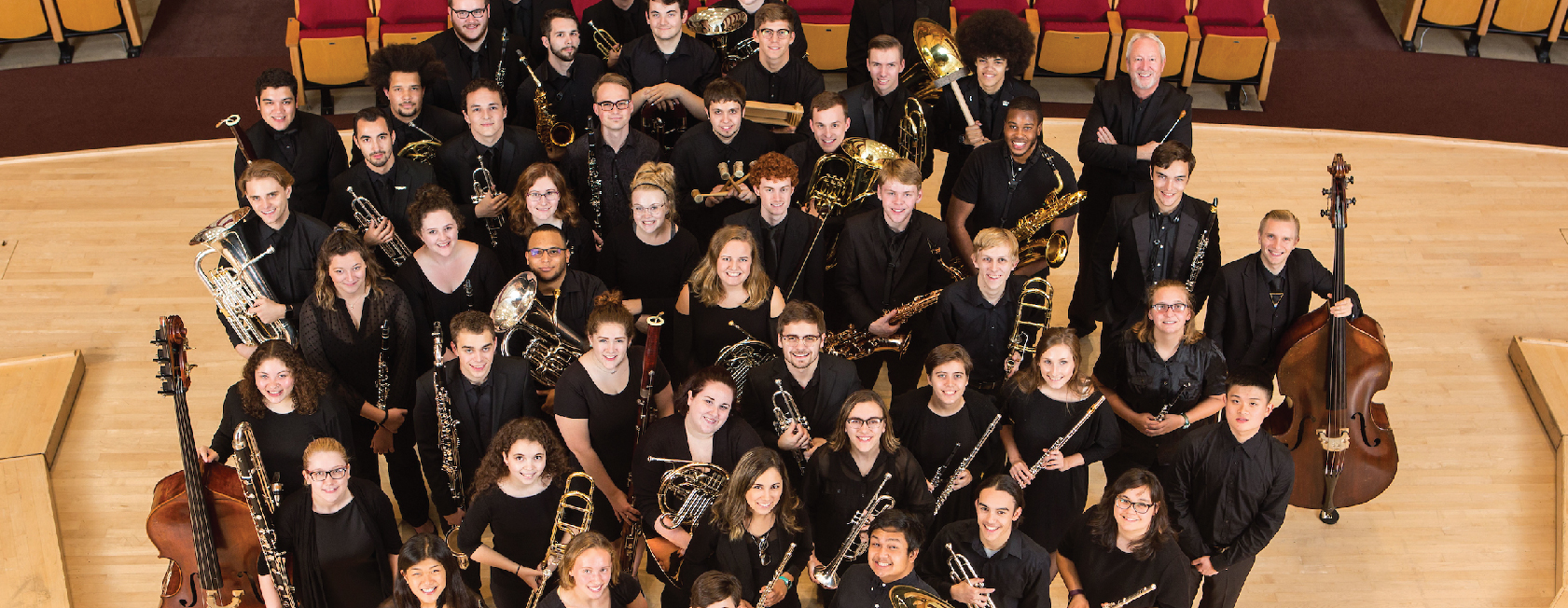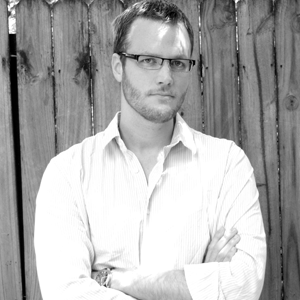About the Composer
Peter Van Zandt Lane’s music has been praised by critics for its’ “depth, character, and pleasing complexity” (Boston Musical Intelligencer), and has been recognized for its “appeal to musicians and audiences, no matter their personal musical aesthetic” (Asymmetry Music Magazine). He composes for chamber ensembles, band, orchestra, and often integrates electronics into his concert music. Tapping into a visceral sense of rhythm and momentum, Peter’s works traverse the space between the organic and the mechanical, combining an eclectic range of both classical and vernacular influences with a polyamorous harmonic language.
A recipient of the 2018 Charles Ives Fellowship from the American Academy of Arts and Letters, Peter has received fellowships from Composers Now, Yaddo, MacDowell Colony, the Atlantic Center for the Arts, and the Virginia Center for the Creative Arts. He has been commissioned by American Chamber Winds (Radix Tyrannis, a concerto for Joseph Alessi premiered at the 2017 WASBE International Conference), the Barlow Endowment for Music Composition, The Sydney Conservatorium Wind Symphony, the Composers Conference at Wellesley College, Dinosaur Annex Music Ensemble, Transient Canvas, and the Purchase Percussion Ensemble, among others. His compositions have been performed across the United States and abroad, by acclaimed musicians and ensembles such as the Cleveland Orchestra, the Lydian String Quartet, International Contemporary Ensemble, Triton Brass, Xanthos Ensemble, East Coast Composers Ensemble, Ensemble Signal, NotaRiotous, The Quux Collective, Freon Ensemble (Rome), and the New York Virtuoso Singers. His works for wind ensemble, particularly Hivemind and Astrarium have become widely programmed among college and university wind ensembles. Peter’s work has been recognized by a number of awards and prizes –most recently the American Prize and Lili Boulanger Memorial Prize (finalist)– and has been featured national and international music festivals and conferences including Spark, Original Gravity Concert Series, SEAMUS, SoundNOW, LIPM/IEMS (Buenos Aires), Forecast Music, Firebrand Concert Series, Third Practice, Boston Cyber-Arts, Leonard Bernstein Festival of the Arts, and Festival Miami.
Peter is also an active bassoonist, focusing primarily on the performance of new works in a chamber or electroacoustic setting. He has participated in the premieres of dozens of works by living composers, was featured as a soloist at the world renowned Teatro Colón in Buenos Aires, and across the nation at a number of music festivals and concert series, including the New York City Electroacoustic Music Festival, Spark Festival, New Gallery Concert Series, Music: Cognition, Technology and Society at Cornell University, the Festival of Contemporary Music (San Francisco), and 12-Nights Electronic Music and Art, SCI, and the Sound and Music Computing Conference (Copenhagen). Recordings of his music are available on New Focus, PARMA/Navona Records, New Dynamic Records, and Innova Records.
Peter holds composition degrees from Brandeis University and the University of Miami Frost School of Music, and studied composition with Melinda Wagner, Eric Chasalow, David Rakowski, and Lansing McLoskey. He is currently Assistant Professor of Composition and Director of the Roger and Phyllis Dancz Center for New Music at the University of Georgia Hugh Hodgson School of Music, and previously held teaching positions at Brandeis University, Wellesley College, MIT, and Harvard.





Social Media